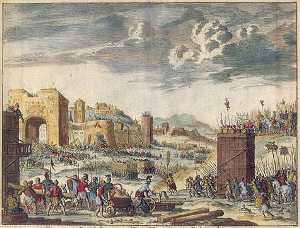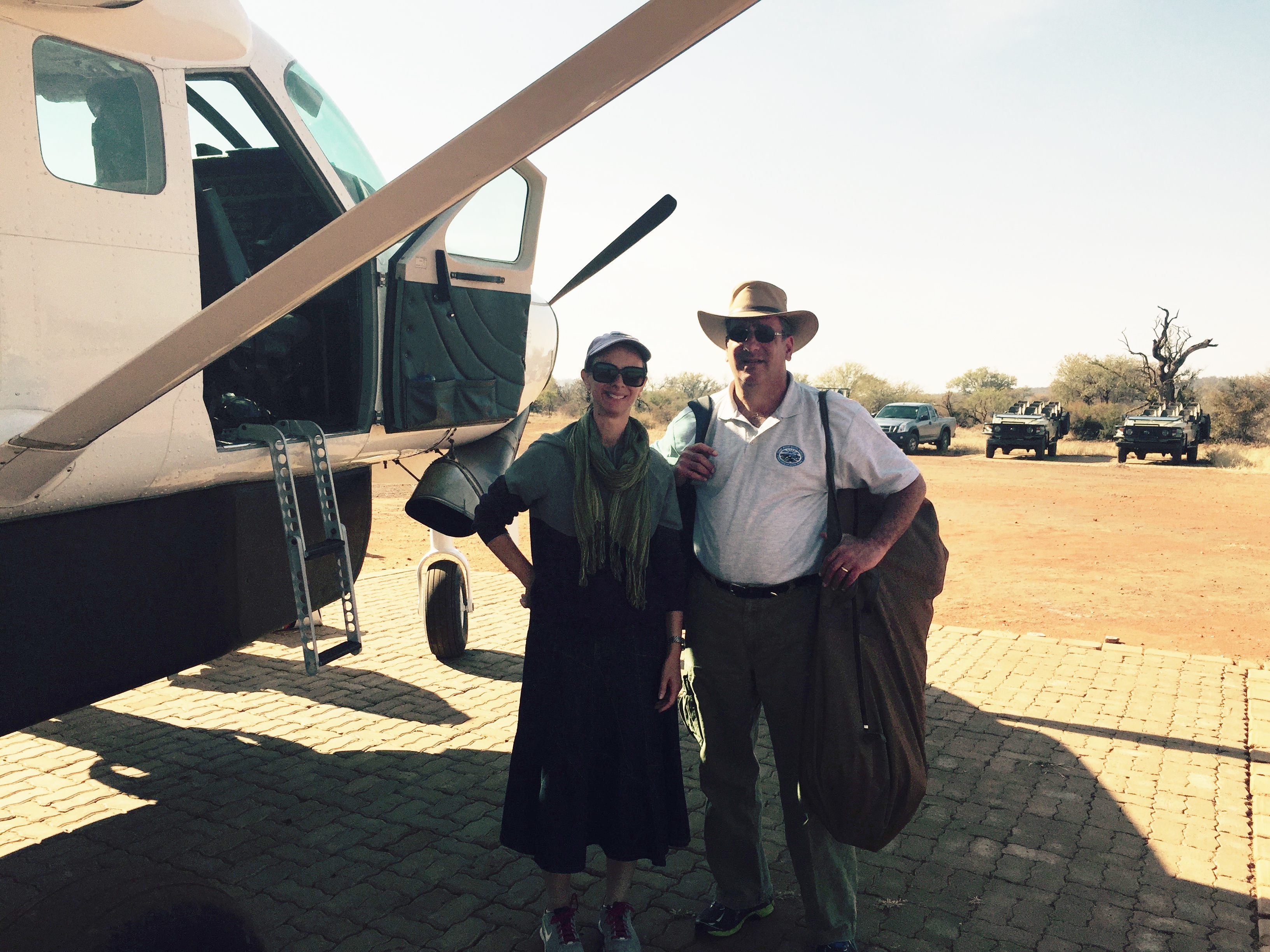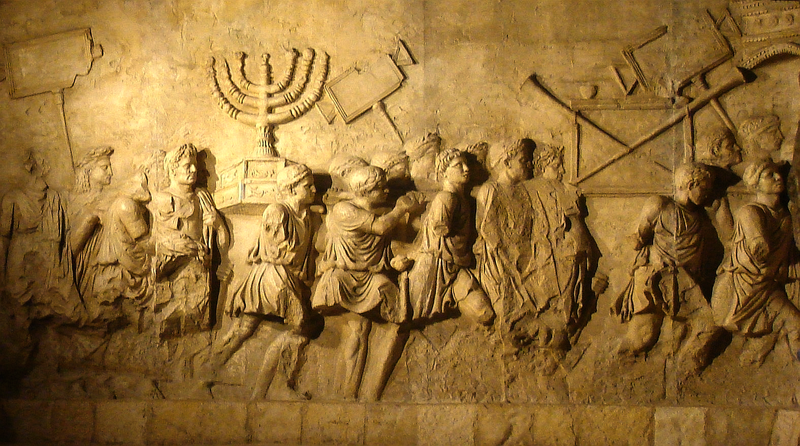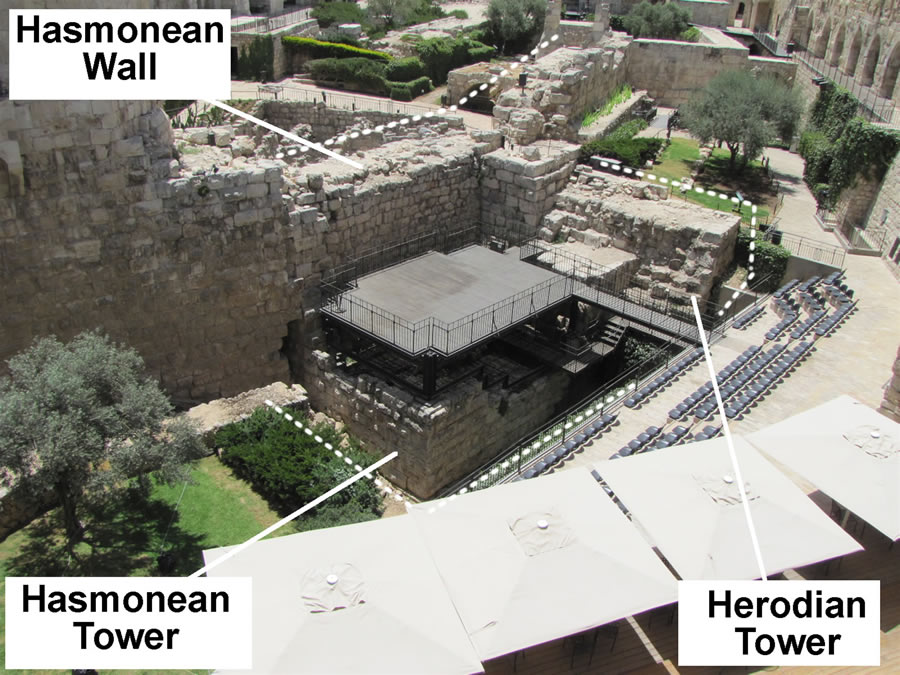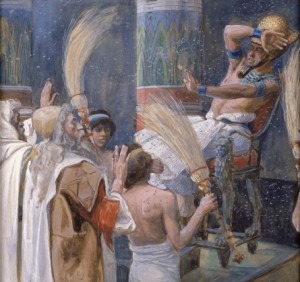
From the time Moses first reappeared in Egypt until the time the Jewish people left Egypt was less than two years. In that relatively short period of time the Egyptian nation suffered all sorts of “natural” disasters.
The thing about natural disasters is that they can be seen as natural or unnatural. Secular historians interpret history as a series of unconnected happenings that are to be judged as random events. Others see the hand of God, so to speak, in everything that transpires. It is the same thing with the Plagues that occurred to the Egyptians.
Pharaoh himself declared that he also had magicians and wise men that could make Plagues. “It is no trick to turn the Nile into blood,” he said. “We have done that before. It is no trick to create swarming frogs. We have done that before. We can bring lice, etc. Therefore, nothing you did is anything special,” Pharaoh insisted.
When the Bible says that Pharaoh’s heart is hard, one way of understanding it is that he could interpret all of these matters, if he wished to, as natural happenings and accidents.
The component that limits that claim, of course, is that Moses predicts them all. It is one thing to experience ten natural disasters. It is another thing to have them all predicted precisely – when they will begin and end, exactly where they will happen and why they are happening. That adds a new dimension to the entire matter. Indeed, Moses’ mission was not to make the disaster happen but to describe it in advance, to put Pharaoh on notice.
Yet, Pharaoh’s heart remained hard through it all.
In truth, miracles, no matter how spectacular, do not make a long lasting impression. Human nature is such that last week’s miracle, no matter how impressive, does not help one this week. That is why the foundation of faith has to be based on more than miracles. Miracles alone will not do it.
People harbor the naïve belief that if God will perform miracles then everyone would become believers and all problems would disappear. All of history tells us that that is not true. Miracles do not make a lasting impression… certainly not on the Jewish people, a stiff-necked and stubborn people, i.e. a people who are not easily influenced by outside phenomena.
In the desert, bread rained down from heaven. It could taste like anything they wanted (even bagels, which were no doubt first discovered in the desert). Their water supply in the desert was miraculous, the “Well of Miriam.” They were led by a miraculous “Pillar of Fire” by night and “Pillar of Cloud” by day. And yet the people said, “Where is God? What does He have to do with this?”
This teaches us an important lesson that this is not how the Jewish people are going to be built. In reality, thousands of years of Jewish history reinforce this point. We are not easily impressed. We are driven by an inner conviction, by a belief not dependent upon external events or miraculous occurrences.
Miracles are great, but not the basis of religion. Rather, true religion requires an inner commitment and inner strength not built on miracles. Study, education, loyalty, and family are the keys to faith. At times miracles are necessary for the physical survival of the Jewish people. However, the spiritual survival of Jews is wholly dependent upon Jews themselves.

